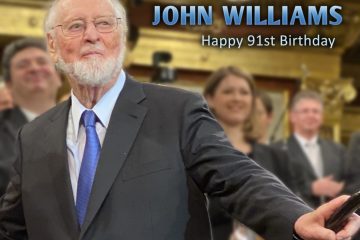Ryan Zinke: A Look at His Recent Political Moves

Introduction
Ryan Zinke, former U.S. Secretary of the Interior and current member of the U.S. House of Representatives, has recently been in the spotlight due to his ongoing influence in Republican politics. His actions and decisions have implications not only for his home state of Montana but also for the larger political landscape as the 2024 elections approach. Understanding Zinke’s latest initiatives offers insights into potential shifts within the Republican Party and the strategies they may employ in upcoming contests.
Recent Political Activities
As of October 2023, Zinke has made headlines with a series of announcements aimed at enhancing his profile as a key player in Montana politics. One of his notable recent initiatives includes advocating for increased funding for rural infrastructure projects, which he argues are vital for economic growth and community development in his district. Additionally, he has been actively engaging with local constituents to discuss issues ranging from natural resource management to veterans’ affairs.
Zinke has also been vocal about his stance on environmental policies, aligning himself with the Republican Party’s focus on energy independence while addressing conservation. This balance has been pivotal for Zinke as he positions himself as a leader who understands both the economic needs of Montanans and the importance of preserving their natural landscapes.
Contributions to Republican Strategy
In light of the approaching election cycle, Zinke has been involved in fundraising efforts and strategic planning sessions aimed at securing Republican majorities in both state and federal positions. His experience as a former cabinet member lends credibility to his campaign, allowing him to leverage national networks for support. Analysts suggest that Zinke’s ongoing activities are integral to the Republican Party’s efforts to regain control in regions they lost during the last election, particularly focusing on rural and suburban voters.
Conclusion
Ryan Zinke’s recent political moves reflect a strategic approach as he navigates the complexities of modern-day politics in the United States. His commitment to local issues combined with party leadership roles positions him as a significant figure to watch in Montana and beyond. As he continues to advocate for both economic growth and environmental stewardship, observers are keen to see how these elements will influence his support in the upcoming election cycle. Zinke’s trajectory may provide a blueprint for other candidates looking to balance local concerns with broader party goals in a highly contentious political environment.









